In the era of Industry 4.0, organisations are increasingly turning to advanced technologies like iX ERP to optimise their asset management strategies and maximizing return on investment (ROI). Integrated Extended Enterprise Resource Planning (iX ERP) systems play a pivotal role in this endeavour by providing a comprehensive platform for managing various aspects of industrial assets efficiently and effectively.
Centralised Asset Management:
iX ERP serves as a centralised hub for managing all aspects of industrial assets, including procurement, maintenance, inventory, and lifecycle management. By consolidating asset-related data and processes into a single system, organisations gain real-time visibility into asset performance, utilisation, and costs, enabling better decision-making and resource allocation.
Streamlined Maintenance Processes:
One of the key functions of iX ERP is streamlining maintenance processes through automated workflows, scheduling, and notifications. By integrating with predictive maintenance systems and IoT sensors, iX ERP can proactively schedule maintenance activities based on asset health indicators, minimizing downtime and maximizing asset uptime. This proactive approach to maintenance reduces repair costs, extends asset lifespan, and ultimately enhances ROI.
Optimised Inventory Management:
iX ERP enables organisations to optimise inventory management by tracking spare parts, consumables, and materials required for maintenance activities. By maintaining optimal inventory levels and ensuring timely replenishment, organisations can minimize stock outs, reduce carrying costs, and avoid costly expedited orders. This streamlined inventory management contributes to improved asset reliability and cost savings, further maximizing ROI.
Data-Driven Decision-Making:
Furthermore, iX ERP facilitates data-driven decision-making by providing advanced analytics and reporting capabilities. By analysing historical asset performance data, maintenance records, and financial metrics, organisations can identify trends, forecast future maintenance needs, and optimise asset investments. These insights enable organisations to allocate resources more effectively, prioritize maintenance activities, and optimise asset utilisation, resulting in enhanced ROI.
Integration with External Systems:
Moreover, iX ERP can integrate with external systems, such as supply chain management, enterprise asset management, and customer relationship management, to streamline end-to-end business processes. By synchronizing data and workflows across departments and systems, organisations can eliminate silos, improve collaboration, and ensure seamless coordination of activities related to industrial asset management. This integration enhances operational efficiency, reduces manual errors, and ultimately maximizes ROI.
Conclusion:
In conclusion, iX ERP plays a critical role in maximizing ROI for industrial assets by providing a comprehensive platform for managing assets efficiently and effectively. By streamlining maintenance processes, optimising inventory management, facilitating data-driven decision-making, and integrating with external systems, iX ERP enables organisations to unlock new opportunities for cost savings, productivity gains, and competitive advantage. As organisations continue to embrace digital transformation in the industrial sector, investing in iX ERP emerges as a strategic imperative for achieving sustainable growth and profitability.
